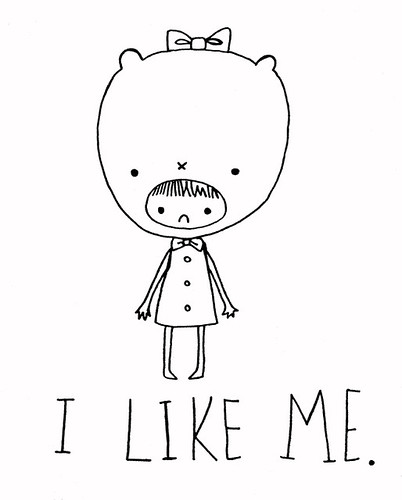Here’s How Your Self-Esteem Affects Your Salary
cent research in economics suggests a positive association between self-esteem and earnings. Using the National Longitudinal Survey of Youth (NLSY), which administered the Rosenberg Self-Esteem Scale during its 1980 and 1987 interviews, I provide further evidence for the existence of a self-esteem premium by exploiting variation in these measures between the two years. I show that self-esteem in 1980 has a sizeable impact on wages 8 years later, controlling for a wide set of individual characteristics and addressing problems of…
1 min read
Are the unemployed discriminated against in hiring?
e were surprised to find that, all things being equal, unemployed applicants were viewed as less competent, warm and hireable than employed individuals," said lead researcher Geoffrey Ho, a doctoral student in human resources and organizational behavior at the UCLA Anderson School of Management. "We were also surprised to see how little the terms of departure mattered. Job candidates who said they voluntarily left a position faced the same stigma as job candidates who said they had been laid off…
1 min read
What can we tell about someone’s personality from their handshake?
examined whether handshakes improved the accuracy with which participants judged a set of targets. Handshakes are interpersonally coordinated behaviors that require motivation and practice to perform well. Therefore conscientiousness may predict how well handshakes are executed. If so, a person's conscientiousness may be more accurately perceived at zero-acquaintance through a handshake. Individual female and male participants rated the personality of five, same-gender targets after each had introduced herself or himself. Half of the targets offered and shook hands with…
1 min read
When faced with moral dilemmas, do we do what is ethically right or what is mentally easy?
e literature on how people solve moral dilemmas often focuses on situations in which individuals have to make a decision where different moral rules are in conflict. In some of these situations, such as in footbridge dilemmas, people have to choose between sacrificing a few people in order to save many. The present research focuses on how people decide what to do in dilemmas involving conflicting moral rules. We propose that the rule that is cognitively most accessible during the…
1 min read
Are people who have no job happier than people who have a lousy job?
a Gallup: American workers who are emotionally disconnected from their work and workplace -- known as "actively disengaged" workers -- rate their lives more poorly than do those who are unemployed. Forty-two percent of actively disengaged workers are thriving in their lives, compared with 48% of the unemployed. At the other end of the spectrum are "engaged" employees -- American workers who are involved in and enthusiastic about their work -- 71% of whom are thriving. Join over 190,000 readers. Get…
1 min read
Houseplants make your mind sharper
is research studied possible benefits of indoor plants on attention capacity in a controlled laboratory experiment. Participants were 34 students randomly assigned to one of two conditions: an office setting with four indoor plants, both flowering and foliage, or the same setting without plants. Attention capacity was assessed three times, i.e. immediately after entering the laboratory, after performing a demanding cognitive task, and after a five-minute break. Attention capacity was measured using a reading span test, a dual processing task…
1 min read
Does humor mentally disarm us?
is article explores humor's impact on cognitive processing of political messages. Although recent research has pointed to effects of late-night comedy viewing on political attitudes and cognitions (Moy, Xenos, & Hess, 2003; Young, 2004, 2006), scant attention has been paid to the development of a theoretical model to account for these outcomes. This manuscript posits that humor suspends argument scrutiny of the premise of a given text through various cognitive mechanisms involving processing ability and motivation. Four different pathways accounting…
1 min read
What personality types are more likely to stay unemployed?
is paper focuses on the role personality traits play in determining individual unemployment duration. We argue that a worker’s job search intensity is decisively driven by her personality traits, reflected in her propensity to motivate and control herself while searching for a job. Moreover, personality traits, in as far as they can be signaled to a potential employer, may also enhance the probability of receiving and accepting a job offer. For our econometric duration analysis, we use the well-accepted taxonomy…
1 min read








